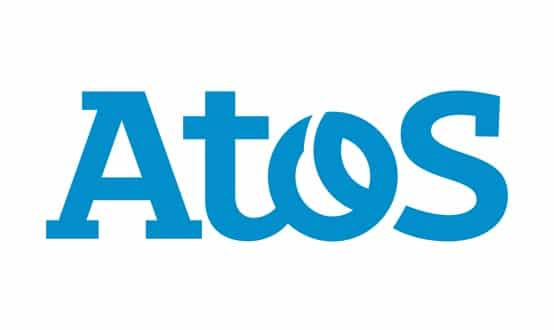Conservatives Detect Panic on Healthcare IT
- 10 February 2003
A Conservative health spokesperson has told E-Health Insider that he is worried the NHS National Programme for IT is too big, has resulted in local progress grinding to a halt, and threatens to squeeze out local priorities. He calls for the programme to be broken down into more manageable pieces that better reflect local service needs.
Chris Grayling, MP for Epsom and Ewell and a Conservative spokesperson on health, stressed that there were some positive elements in the National Information Programme. “You clearly need some things structured nationally, and electronic patient records are the obvious example of that.”
But in other areas he questioned whether a national solution was either appropriate or needed. “E-booking is desirable, but whether it needs to be a pan-NHS function is questionable.”
Instead, he argues, the Department of Health should limit itself to doing those things which were essential nationally, and provide clear guidelines and standards for other areas that are better developed locally.
“I don’t have a major problem with the areas the government is looking at. But I want to ask questions about the need for huge national structures,” Mr Grayling told E-Health Insider. “I would also challenge the cost benefits. It might be desirable to have but what benefits will it deliver.”
The central problem, he suggests, is that ministers are desperate to see rapid results from investment in the NHS. “There is a mounting sense of panic taking place that I suspect will become more and more apparent.
“Ministers are becoming very concerned about the lack of progress on the NHS and I suspect that we will see quite a lot of pro-active involvement from ministers on NHS IT.”
However, he suggests that taking central control of NHS IT has so far proved counter-productive. “Grand initiatives tend to set back local progress, and when you have repeated grand initiatives you wind up with a health service stuck in aspic,” said Mr Grayling.
“At the moment there has effectively been a moratorium while framework contracts and new procurement arrangements are put in place, and we are likely to see this drought followed by deluge.” He also questions whether the IT industry will be able to respond as quickly as the Government wants once the taps are turned on again.
On the appointment of an IT Tsar for the NHS, Mr Grayling voices concern that the job is just too big. “I would question whether it is possible for one person to re-engineer the NHS’s IT in a relatively short space of time. They are trying to take too many decisions from the centre.”
A key danger of this drive to centralisation on IT is that local needs get squeezed out: “As far as I can see local needs don’t appear on screen as far as the Department of Health’s radar goes. I just don’t believe that imposing this vision will work.”
He warns that the risk of blanket solutions is that they will often fail to meet local needs, creating the risk of solutions that don’t suit anyone. “And based on past experience these national systems may potentially be enormously over budget and schedule.”
Mr Grayling adds: “Public sector procurements go awry as public sector organisations tend to make decisions by committee and then tend to change their minds.” This problem is compounded, he suggests, by the Department of Health’s inclination to laboriously over-specify systems, leading to them having to eventually re-specify. “You don’t get clear cut decision-making to deliver a project quickly.”
As well as focusing on more locally-based solutions Mr Grayling said he believed that the NHS should make more use of proven off-the-shelf products, instead of expensive bespoke developments.
He points to the NHS e-mail contract as an illustration of where savings could have been achieved. “If the NHS had said e-mail systems must be compatible and had bought an off-the-shelf product my betting is that it would have happened much more quickly and cheaply. Why is the NHS spending £100m on Hotmail?”




